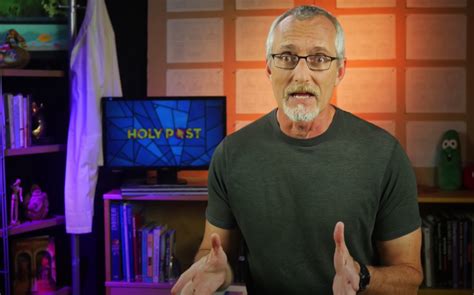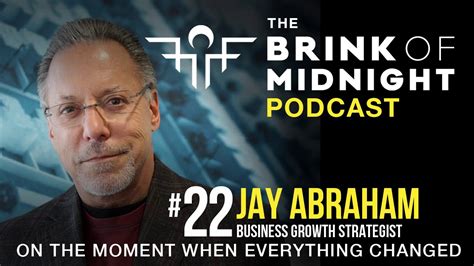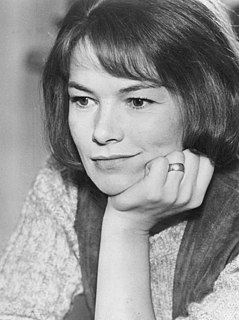A Quote by Robert Musil
... nothing is more human than substituting the quantity of words and actions for their character. But using imprecise words is very similar to using lots of words, for the more imprecise a word is, the greater the area it covers.
Related Quotes
Telling the complete story of VeggieTales would require much more time than we have before us tonight. Since this is Yale, I decided to craft a shorter version of the story, using very large words. Remembering though that I was kicked out of Bible College before I'd had a chance to learn many very large words, I concluded that my only remaining option was to tell the story simply, using simple words, and chance the consequences.
A writer is a person who cares what words mean, what they say, how they say it. Writers know words are their way towards truth and freedom, and so they use them with care, with thought, with fear, with delight. By using words well they strengthen their souls. Story-tellers and poets spend their lives learning that skill and art of using words well. And their words make the souls of their readers stronger, brighter, deeper.
Make your copy straightforward to read, understand and use. Use easy words; those that are used for everyday speech. Use phrases that are not too imprecise and very understandable. Do not be too stuffy; remove pompous words and substitute them with plain words. Minimize complicated gimmicks and constructions. If you can't give the data directly and briefly, you must consider writing the copy again.
Words are singularly the most powerful force available to humanity. We can choose to use this force constructively with words of encouragement, or destructively using words of despair. Words have energy and power with the ability to help, to heal, to hinder, to hurt, to harm, to humiliate and to humble.
Sociopaths differ fairly dramatically in how their brains react to emotional words. An emotional word is love, hate, anger, mom, death, anything that we associate with an emotional reaction. We are wired to process those words more readily than neutral, nonemotional words. We are very emotional creatures. But sociopaths listen as evenly to emotional words as they do to lamp or book - there's no neurological difference.
Certain individual words do possess more pitch, more radiance, more shazam! than others, but it's the way words are juxtaposed with other words in a phrase or sentence that can create magic. Perhaps literally. The word "grammar," like its sister word "glamour," is actually derived from an old Scottish word that meant "sorcery." When we were made to diagram sentences in high school, we were unwittingly being instructed in syntax sorcery, in wizardry. We were all enrolled at Hogwarts. Who knew?
I have this theory that the more important and intimate the emotion, the fewer words are required to express it. For instance in dating: 'Will you go out with me?' Six words. 'I really care for you.' Five words. 'You matter to me' Four words. 'I love you.' Three words. 'Marry me.' Two words. Well, what's left? What's the one most important and intimate word you can ever say to somebody?
'Goodbye...'
What drivel it all is!... A string of words called religion. Another string of words called philosophy. Half a dozen other stringscalled political ideals. And all the words either ambiguous or meaningless. And people getting so excited about them they'll murder their neighbours for using a word they don't happen to like. A word that probably doesn't mean as much as a good belch. Just a noise without even the excuse of gas on the stomach.




































